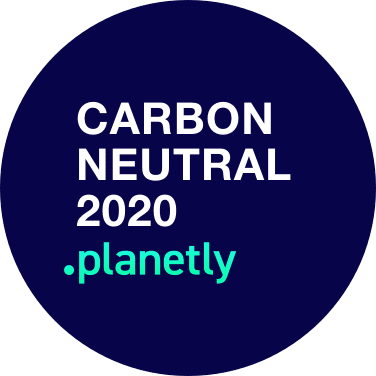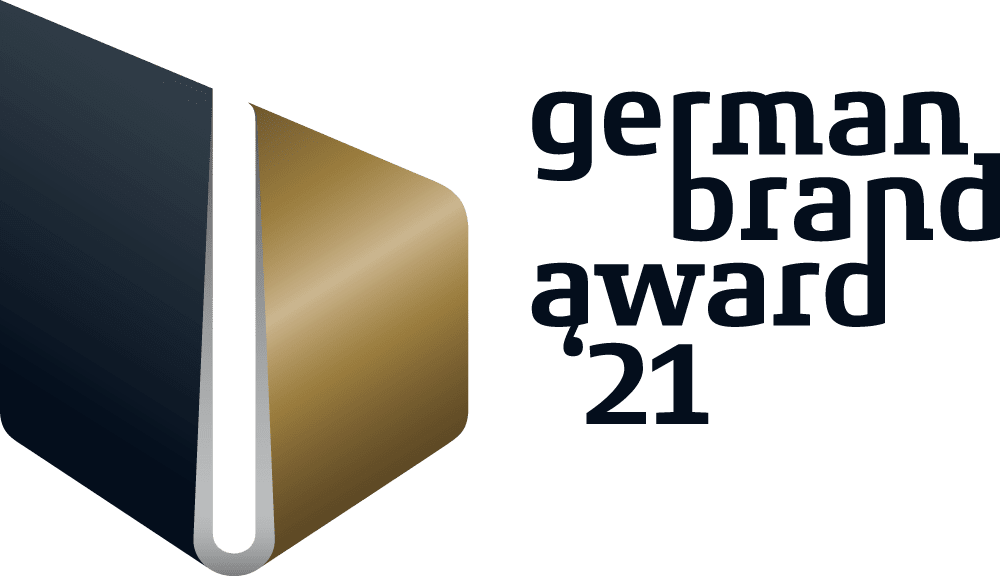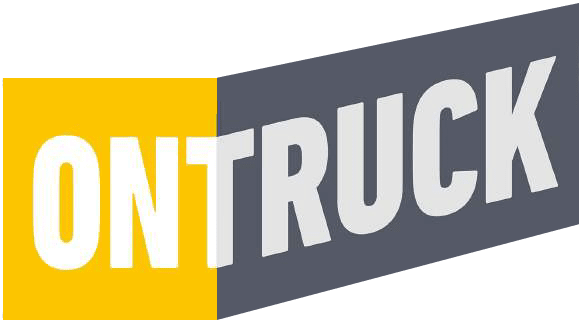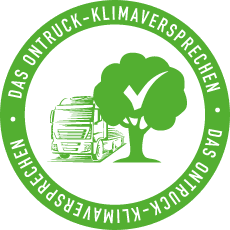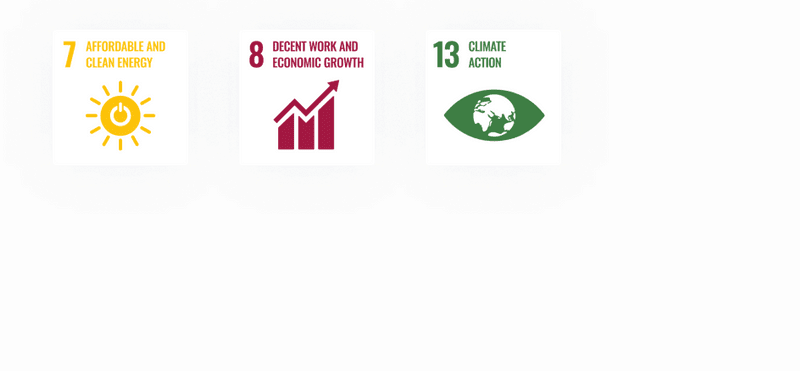Sustainable Marketing with OnTruck
Our work is aiming towards lowering the carbon footprint in Germany and Europe by using mobile advertisement campaigns. Our partner Planetly supports climate projects around the world.
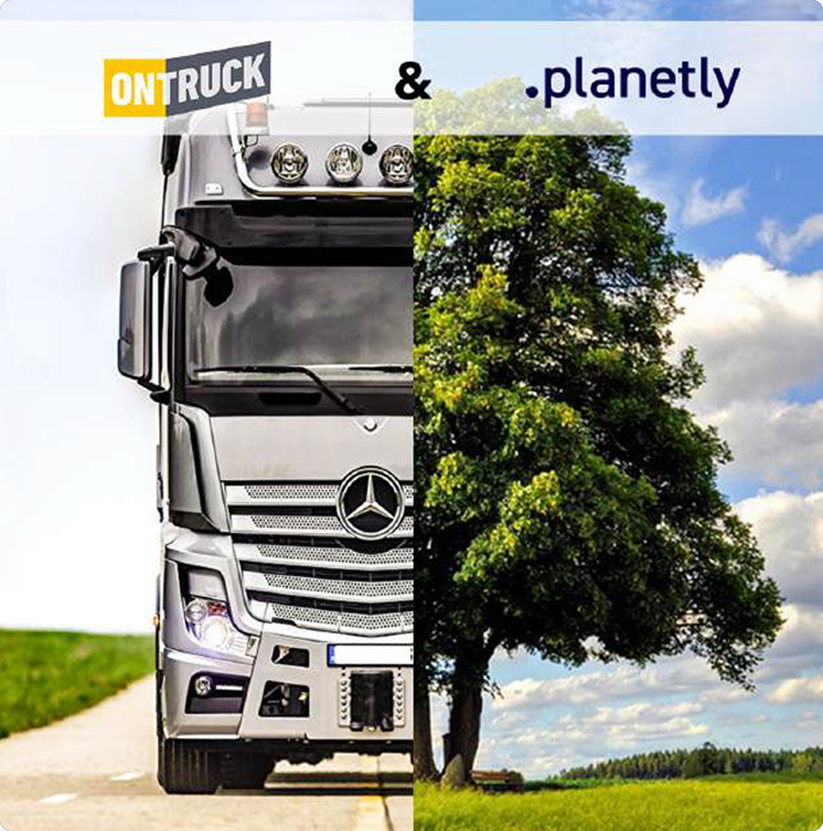
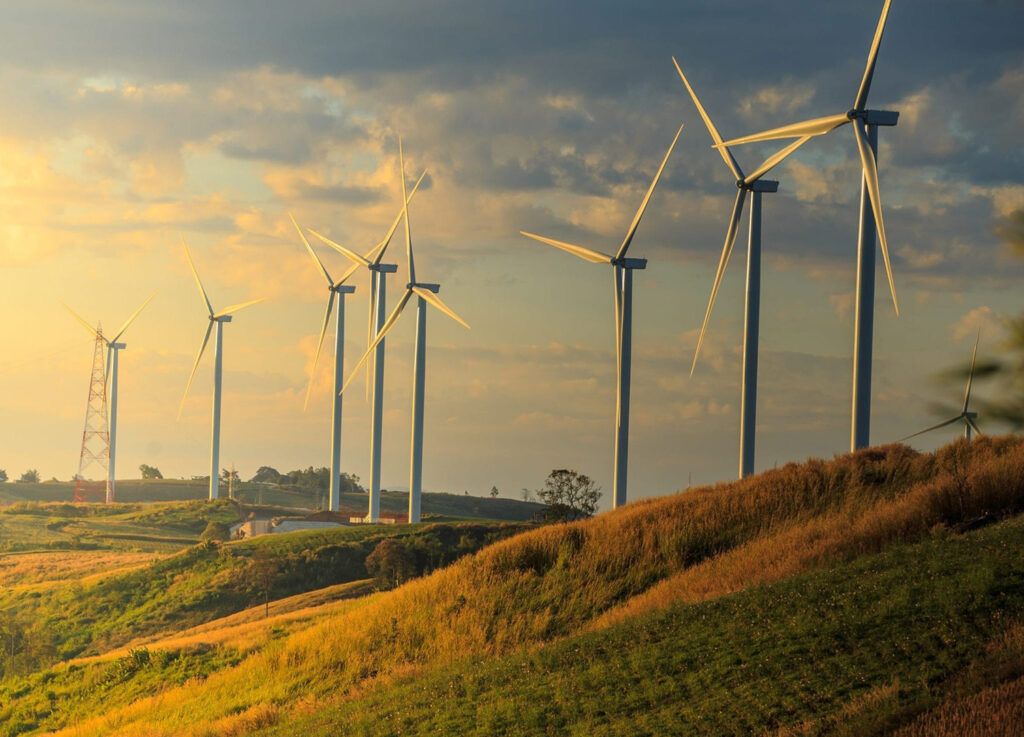
Starting with low emissions…
All campaigns realised by OnTruck have low emissions because we exclusively use existing routes from our forwarding partners. We never use empty trucks for advertisement purposes.
…aiming in climate positive campaigns
With the support of our partner Planetly we compensate the emissions of print, foiling and maintenance of our marketing campaigns. Additionally, we compensate the carbon dioxide emissions of every driven kilometre of the utilized trucks! This is our path towards sustainable marketing!
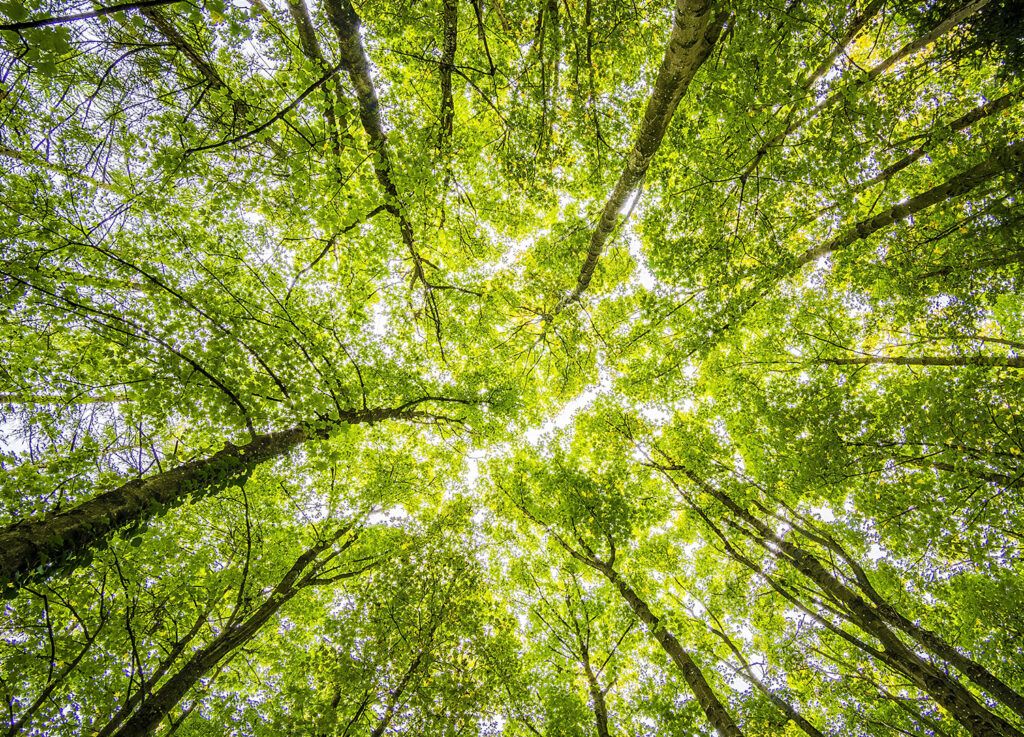
Climate Protection Projects
- High Quality
- Sustainable
- 100% handmade
High-quality Upcycling
In addition to our compensation of CO2 emissions in Germany, we thought of a sustainable way to use the truck tarpaulins after a campaign is finished. We upcycle the tarpaulins to valuable, sustainable bags and other accessories. For example, our customer Berliner Luft used that offer.
Use Cases
Event
Goodie
Customer
Relationship
Employer
Branding
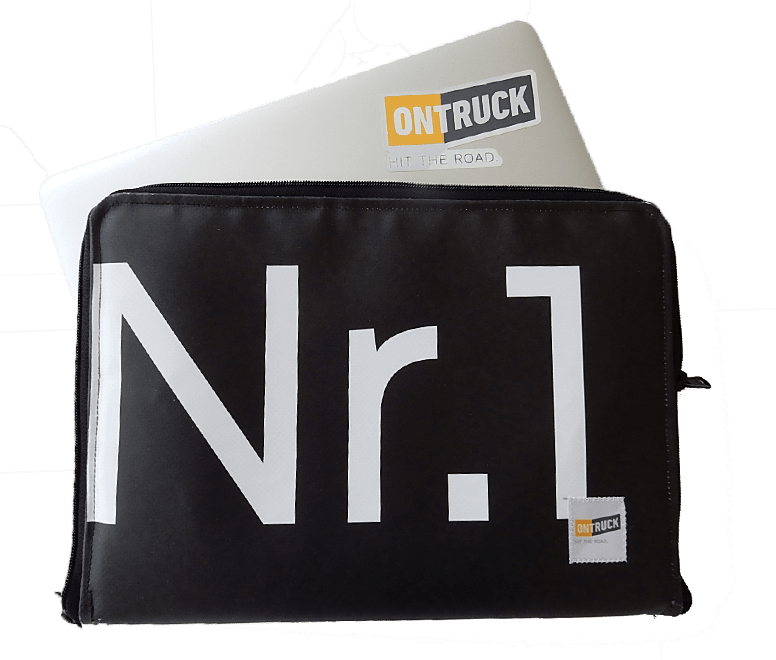
Your individual design inspiration
- No email spam
- Unbinding
- For free
- No email spam
- Unbinding
- For free
- Your inquiry
- Our design proposal
- Receive Mockups via Mail
